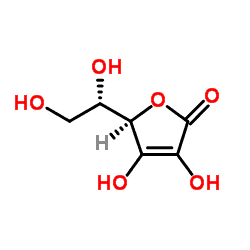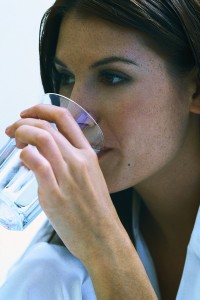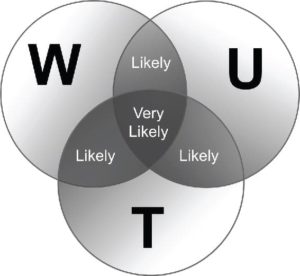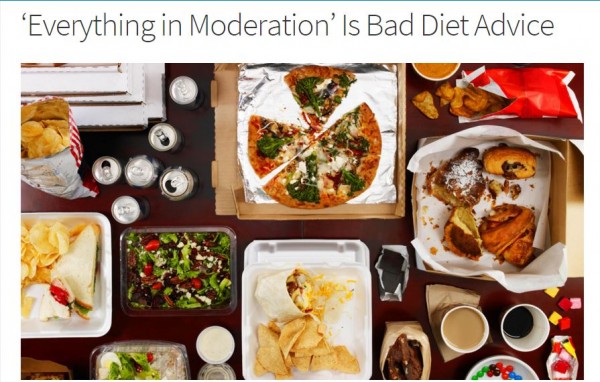
Eating “clean” has been a buzzword for a couple of years now, even though the term is so vague that it’s hard to know whether you’re doing it or not.
There is no concrete definition for “clean” food but for most people it suggests eating foods that are closer to their natural state and less processed. Although it’s pretty easy to identify a green bean as “clean” and a jelly bean as not, foods like cheese or bread or orange juice occupy a gray area somewhere in between.
See also: Why processed foods can be good for you
“Don’t eat anything you can’t pronounce” is another common refrain, and this has led food manufacturers to “clean up” their labels by removing preservatives and other additives. But our mistrust of multi-syllabic words is having an unintended consequence: Continue reading “Unintended consequences of the clean eating movement”

 As if losing weight weren’t already challenging enough, you might also find that you’re not sleeping as well. And we all know (both from research data as well as personal experience) that being under-rested can increase your appetite and reduce your will-power. Perfect, meet storm.
As if losing weight weren’t already challenging enough, you might also find that you’re not sleeping as well. And we all know (both from research data as well as personal experience) that being under-rested can increase your appetite and reduce your will-power. Perfect, meet storm.
 Have I lost more than 1% of my body weight since yesterday morning?
Have I lost more than 1% of my body weight since yesterday morning?


